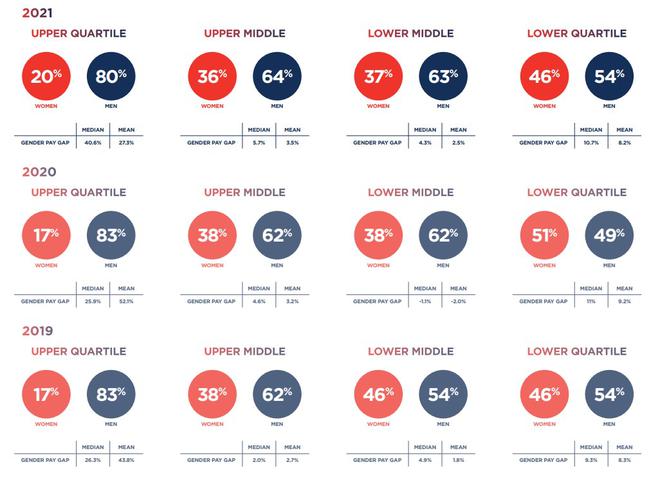The story so far: In a landmark decision announced on July 5, New Zealand Cricket and the players’ association signed a five-year deal which will enable both male and female cricket players from New Zealand to receive equal pay. The decision will come into force on August 1.
According to the newly-signed agreement, women cricketers at both the international and domestic level will receive the same match fee as men across all formats and competitions.
The Hindu takes a look at what other countries are doing to bridge the wage gap between male and female cricketers.
India
The gap between salaries for male and female Indian cricketers is huge, but some steps have been taken to bridge it. For 2021-22, payments for centrally-contracted male Indian cricketers are categorised into A+, A, B, and C grades with annual salaries of ₹7 crore, ₹5 crore, ₹3 crore, and ₹1 crore respectively. For female Indian cricketers, the A+ grade does not exist, while players in A, B, and C grades earn ₹50 lakh, ₹30 lakh, and ₹10 lakh annually, according to media reports..
In An Equal Hue: The Way Forward for the Women in Blue, a report on “growing women’s cricket in India”, writers Snehal Pradhan, Karunya Keshav, and Sidhanta Patnaik highlight that this is a significant increase from 2015-16 when female players in grade A were paid ₹15 lakh and in grade B were paid ₹10 lakh. No other grades existed. The increase to the current scale was made in 2019-20.

“We need to understand that the revenue which we get is through men’s cricket. The day women’s cricket starts getting revenue, I will be the first person to say that we need the same thing. But right now, we can’t say that,” Indian cricketer Smriti Mandhana had said in 2020.
Australia
In October 2021, Cricket Australia, the sport’s governing body in the country, announced a “significant increase” in payments for female domestic cricketers. It amounted to an Aus$1.2 million increase in retainers – $800,000 for the Women’s National Cricket League (WNCL) and Aus$400,000 for the Weber Women’s Big Bash League (WBBL). The increase would amount to a 22-per-cent increase for WNCL contracted players in 2021-22, and a 14 per cent increase for WBBL contracted players.
This was not the first time Cricket Australia attempted to increase remuneration for the women’s team in order to bridge the huge gap with the men’s team. In 2017, the organisation had announced a five-year Memorandum of Understanding (MoU) to bump women’s salaries by more than 125 per cent, but it also promised to increase the payment for the men’s team who were already among the best-paid in the sport globally. The MoU promised to see international women cricketers’ pay jump from Aus$79,000 (US$60,885) to Aus$179,000 as of July 1, 2017, and further rise to Aus$210,000 by 2021. It also added that male Australian international cricketers’ average yearly retainer rise would rise to Aus$816,000 by 2021/22.
England
In its report on Gender Pay Gap Results 2019-21, the England and Wales Cricket Board (ECB) reported that the proportion of female players in the upper quartile rose from 17 per cent in 2019 to 20 per cent in 2021. Fewer women in the highest-paid roles is the primary driver of the overall gender pay gap, according to ECB.

In December 2021, ESPNcricinfo reported that ECB doubled the salaries of female players in the second season of the Hundred, a 100-ball cricket tournament, after the first season garnered record-breaking attendances and television ratings. In 2021, women’s salaries in the tournament ranged from £3600 (US$4800) to £15,000 (US$20,000) with a captaincy bonus of £1200 (US$1600). The lowest-paid male players were earning 60 per cent more than the highest-paid female players. For the 2022 season, the salaries were set to increase by 108 per cent across the board, ranging from £7500 (US$10,000) to £31,250 (US$41,500), with a £2500 (US$3300) captaincy bonus.
Bangladesh
Shortly after New Zealand revealed that it will increase the salaries of women cricketers to match those of the male players, Bangladesh Cricket Board announced that it will also make attempts to reduce the salary gap between male and female cricketers.
According to a report published by the United News of Bangladesh, Jalal Yunus, chairman of Bangladesh Cricket Board (BCB), told the media that the organisation is “thinking about increasing the salary of female cricketers” to bring them on par with their male counterparts. A male cricketer earns at least US$2,144 for playing one T20 International match, while a female cricketer earns around US$640 for playing at the highest level of cricket, the report added.







